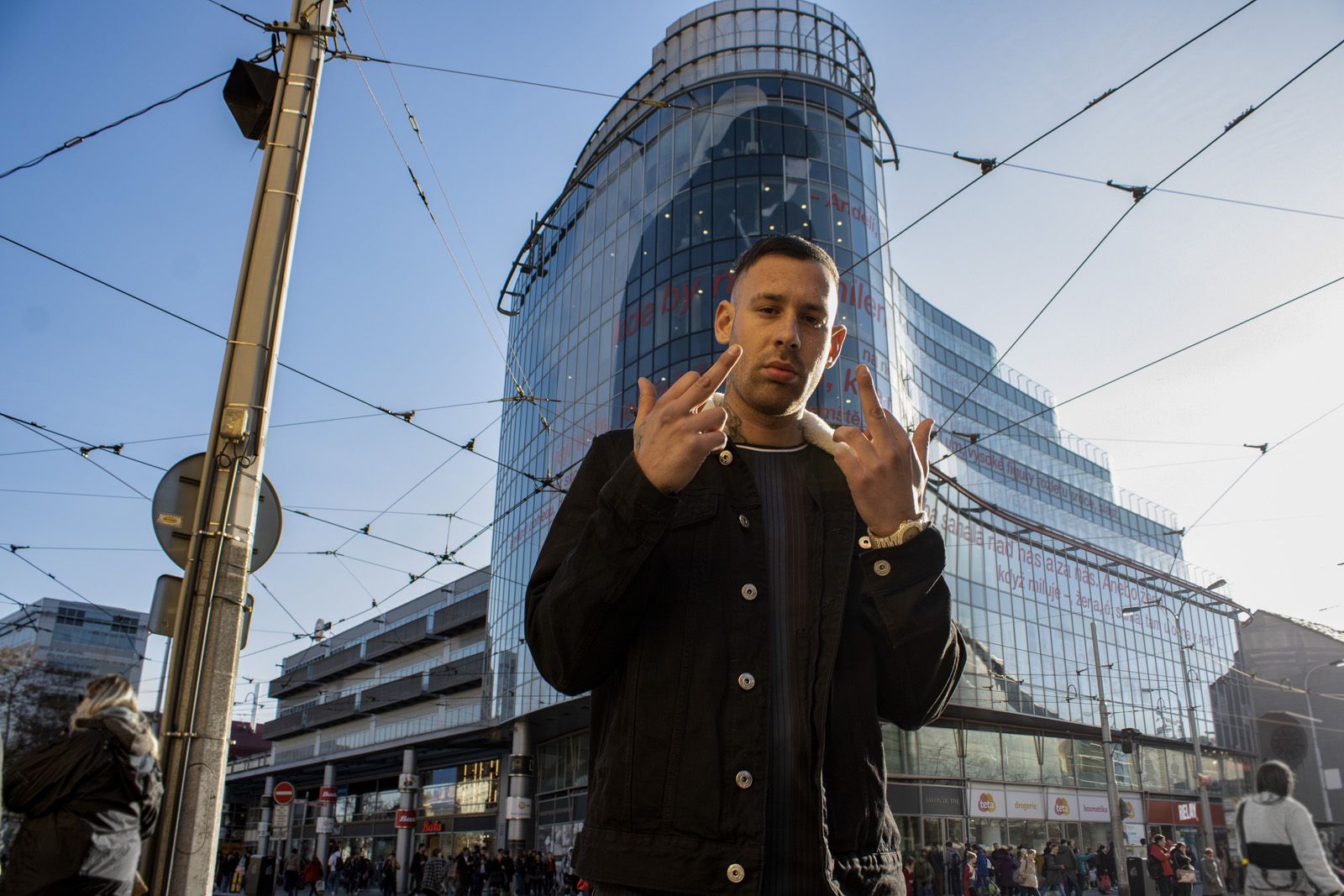
Das Flanieren, die Graffitikunst, HipHop und Rap sind eng mit Techniken des urbanen Raums verknüpft. Das Urbane wird durchlaufen, reflektiert, beschrieben – und besonders: sich angeeignet. Im Masterseminar „Populäre Texturen der Stadt” sollen Schlüsselbegriffe urbaner Raumtheorien erarbeitet und auf populäre Stadttexte in Rap, und Pop(-literatur) vor allem des Mittel- und Osteuropäischen Raums angewendet werden. Ein Schwerpunkt wird hier auf ost- und westslavischen Texten liegen. Durch eine kritische Reflexion aktueller Raumtheorien sollen deren wissenschaftliche Anwendungsmöglichkeiten auf zeitgenössische Texte und Medien erarbeitet werden.
- Kursleiter*in: Ruben Höppner
ePortfolio: No

